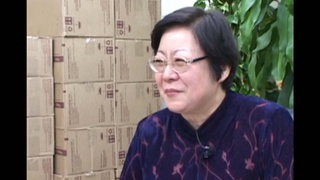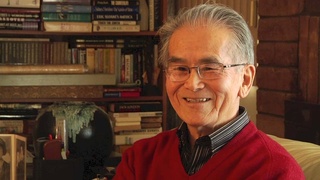Interviews
Becoming head of the family at age 8
There are a couple things that I still remember, and still stays with me. One is that when father died, I was about eight years old. Mother says to me, “Yachio, you are now the head of the family.” Eight! Head of the family! What does that mean? Says, “You have the responsible of the future of the family.” I didn’t really understand the full extent of that. But I think that my behavior later indicate that I kind of accepted that.
For example, when I finished high school I wanted to go to college because all my friends went to college from high school. All the friends I used to run around with, and I missed college, because when they come back on weekends or holidays, they would be talking about stuff that I did not understand, different world for me. And so I said, “I’ve got to go to college!”
Well I stayed out four years, I worked to help the family income, so that our family could survive, and when my youngest brother, William, graduated high school, then I felt my obligation to the family at that point, for that reason, was over and I could go to college. Which I did in 1937.
Date: March 4, 2005
Location: California, US
Interviewer: Florence Ochi, Art Hansen, Yoko Nishimura
Contributed by: Watase Media Arts Center, Japanese American National Museum






